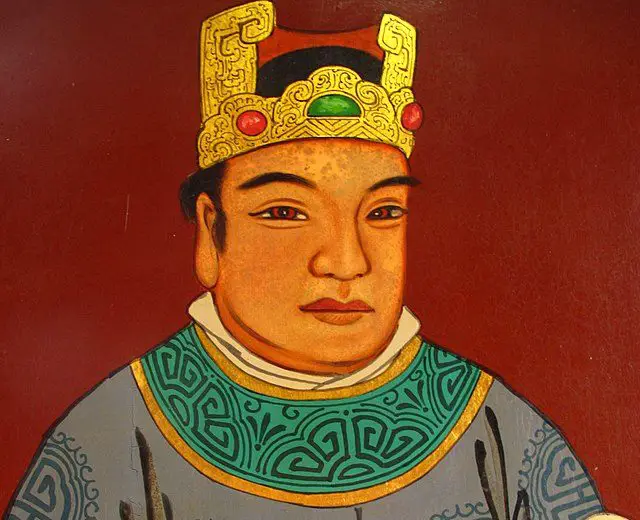Picture this: You’re a child in rural China, 8 years old. One day, your father tells you you’re going to become a servant in the Forbidden City. It sounds grand until you learn what it really means. No school. No play. No future family. And one more thing: you’re getting castrated.
That was Sun Yaoting’s childhood. He wasn’t born into privilege. He was born into a dying dynasty and his life would become one of the strangest, most tragic, and most fascinating windows into China’s imperial past.
The Forbidden City’s Hidden Prison
In the waning years of the Qing Dynasty, the Forbidden City wasn’t just a palace. It was a cage of rituals, rules, and whispers. To survive there as a eunuch was to vanish into a life of silence and service. Sun Yaoting, who arrived as a teenager, quickly learned that he wasn’t just working for royalty, he was becoming a ghost in the machinery of empire.
And yet, he wanted it. Or at least, his father did.
Eunuchs were once powerful. They controlled imperial secrets, finances, even emperors. But by the early 1900s, their power was a fading memory. Sun’s father, desperate for a way out of poverty, gambled everything on his son’s sacrifice.
From Child to Servant of the Last Emperor
Sun Yaoting arrived at the palace in the final flicker of imperial China. He was personally crowned by Puyi, the last emperor, an awkward teenager himself, playing dress-up in a palace that no longer ruled anything.
The empire had already fallen in 1911, but the emperor still lived in the Forbidden City like a ghost of the past, kept around for ceremony. It was like watching someone act out a play after the curtain had already dropped.
And Sun? He was backstage. Fetching robes, lighting incense, watching the last act unfold.
When the Curtain Finally Fell
In 1924, the Chinese government expelled Puyi from the palace. With him went the eunuchs. Just like that, Sun Yaoting lost everything he’d been castrated for.
He wandered Beijing, shaved heads for pennies, lived in temples. No job. No family. No real identity. Just a man who had sacrificed everything for a world that no longer existed.
A Living Relic in a Changing China
And yet, Sun lived on. For decades. Long after emperors were gone, after the rise of communism, the Cultural Revolution, and even the modernization of China. He was a relic walking through history, one of the last living threads to a vanished world.
In his old age, Sun finally spoke. He told his story to a writer named Jia Yinghua. And it became a book: The Last Eunuch of China. Through Sun’s eyes, we saw a world that had been sealed off by walls, politics, and shame.
He died in 1996. Not just the last eunuch, but the last person alive who had served an emperor of China.
What We See Through Him
Sun Yaoting’s story isn’t just about strange old customs. It’s about what people sacrifice for survival. About the pressure of tradition, family, and poverty. It’s about how a child’s life can be shaped by a parent’s desperation and how history doesn’t always give back what it takes.
But mostly, it’s about memory. Sun remembered a world we forgot. And because he told his story, we get to remember it, too.
Sources:
1. The Last Eunuch of China by Jia Yinghua
2. BBC: China’s Last Eunuch
3. China Heritage: The Eunuch of the Last Dynasty

